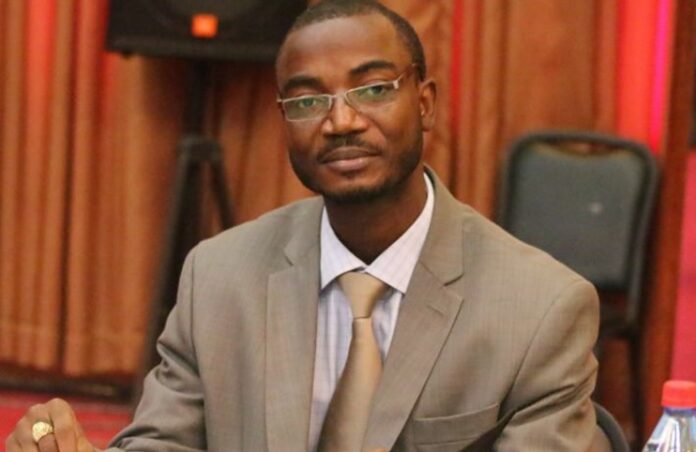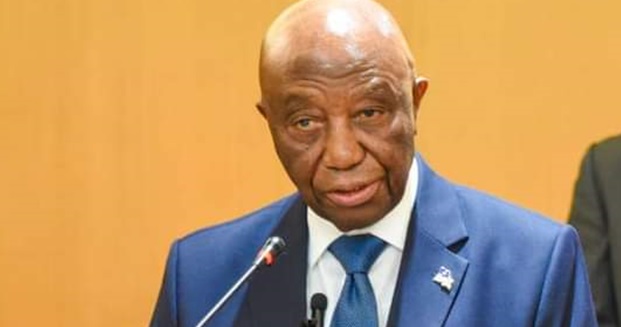MONROVIA – Boima Kamara, Liberia’s Minister of Finance and Development Planning (MFDP), has reportedly been asked to resign by President Joseph Boakai due to his poor performance since taking office. Sources within the Executive Mansion informed Smart News Liberia that the President’s frustration with Kamara’s performance reached a peak last week, prompting him to request the minister’s resignation. Kamara, citing health issues, has assured the President that he is now feeling better and capable of continuing his duties.
President Boakai’s frustration with Minister Kamara’s performance has been growing, especially given Kamara’s recent health issues. The minister has been bedridden for nearly two weeks, undergoing medical treatment for an unspecified illness. Close associates of Kamara have described his condition as a serious health complication, with some rumors even suggesting suspected voodoo involvement. Despite these health challenges, Kamara has expressed his willingness to remain in his position, stating that he is now in better health.
Kamara’s tenure has been marked by significant challenges. Since his appointment, he has struggled with the magnitude of problems inherited at the Ministry. The situation has been exacerbated by a power-sharing arrangement within the ruling Unity Party and its coalition partners, which has reportedly led to the imposition of principal deputies on Kamara, rather than allowing him to select his own team. This lack of cohesion has made managing the country’s economy even more overwhelming for the minister.
In May of this year, it was reported that Kamara had grown increasingly frustrated and dissatisfied with the situation at the Ministry. The Finance Ministry’s comparison to his previous tenure from 2016 to 2018 has been stark, with the current period proving to be far more challenging. Sources familiar with the matter have highlighted Kamara’s dissatisfaction with the performance and selection of his deputies, which has contributed to his struggles in managing the country’s finances.
Kamara’s office has not responded to requests for comment regarding his potential resignation. Calls and messages to his office went unanswered, according to Oracle News Daily. Prior to his current role, Kamara served as Finance Minister under former President Ellen Johnson Sirleaf from 2016 to 2018. He holds a degree in financial economics from Johns Hopkins University and previously served as the deputy governor for economic affairs at the Central Bank of Liberia.
After President Joseph Boakai’s victory in the November 14, 2023 election, Kamara led the finance and economy cluster of the transitional team. Despite his preference for returning to the Central Bank, Kamara accepted his current role, hoping to bring stability to the nation’s finances. However, his efforts have been hampered by the existing governance structure at the Bank and the challenges within the Finance Ministry.
In his first quarter as Finance Minister, Kamara has focused on reducing the country’s bloated wage bill, which stands at approximately $300 million per year. Despite these efforts, the Liberian economy is expected to grow by 5.3% in 2024, with an average growth rate of 5.9% projected for 2024-2026. Maintaining macroeconomic stability, fiscal prudence, and implementing structural reforms in key sectors are crucial for Liberia’s medium-term growth prospects, according to the World Bank.







